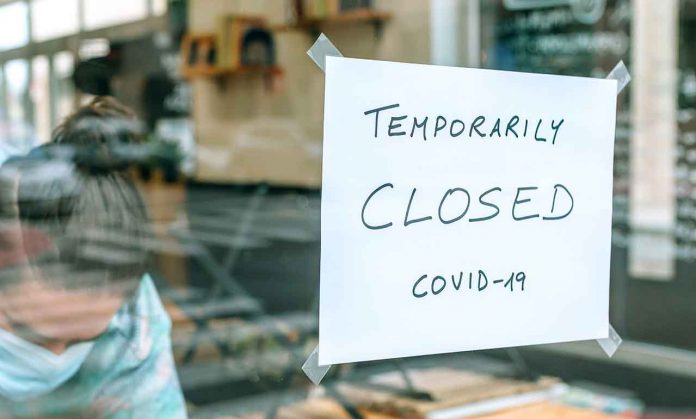

: 62 A systematic review with Johns Hopkins University by economists concluded that lockdowns as opposed to guidelines or medical advice had little to no effects on COVID-19 mortality. There is disagreement about the size of the effect of lockdowns on COVID-19 mortality. Lockdowns are thought to be most effective at containing or preventing COVID-19 community transmission, healthcare costs and deaths when implemented earlier, with greater stringency, and when not lifted too early.


Several researchers, from modeling and demonstrated examples, have concluded that lockdowns were somewhat effective at reducing the spread of, and deaths caused by, COVID-19. They have also had profound negative economic impacts, and have been met with protests in some territories. In addition to the health effects of lockdown restrictions, researchers have found the lockdowns have reduced crime and violence by armed non-state actors, such as the Islamic State, and other terrorist groups. To achieve a balance between restrictions and normal life, the WHO recommends a response to the pandemic that consists of strict personal hygiene, effective contact tracing, and isolating when ill. The World Health Organization's recommendation on lockdowns is that they should be very brief, short-term measures to reorganize, regroup, rebalance resources, and protect health workers who are exhausted. Research and case studies have shown that lockdowns were generally effective at reducing the spread of COVID-19, therefore flattening the curve. Although similar disease control measures have been used for hundreds of years, the scale of those implemented in the 2020s is thought to be unprecedented. By April 2020, about half of the world's population was under some form of lockdown, with more than 3.9 billion people in more than 90 countries or territories having been asked or ordered to stay at home by their governments. These restrictions were established with the intention to reduce the spread of SARS-CoV-2, the virus that causes COVID-19. And to make policymakers and the public more informed in real time, NORC enlisted The Associated Press, its partner in VoteCast, to write news articles based on the rapid-fire data collection.Due to the COVID-19 pandemic, a number of non-pharmaceutical interventions colloquially known as lockdowns (encompassing stay-at-home orders, curfews, quarantines, cordons sanitaires and similar societal restrictions) have been implemented in numerous countries and territories around the world. Adapting to COVID constraints, NORC switched from traditional in-person interviews to surveying participants online and over the phone, relying on AmeriSpeak® and address-based lists in its VoteCast tool to capture a representative sample of the country’s adult population.Īdditional analysis produced localized estimates that allowed health authorities to drill down on COVID’s impact in selected rural areas, urban centers, and states. NORC and The Data Foundation collaborated on a questionnaire that included measures typically covered by federal government surveys: COVID’s impact on health, mental well-being, and jobs. Sloan Foundation to provide rigorous data for wide publication about the real-time impact of COVID-19 in the initial months of the pandemic. The Data Foundation partnered with NORC, the David and Lucile Packard Foundation, the Federal Reserve Bank of Minneapolis, and the Alfred P. Using its VoteCast model, NORC launched three waves of data collection within weeks.


 0 kommentar(er)
0 kommentar(er)
